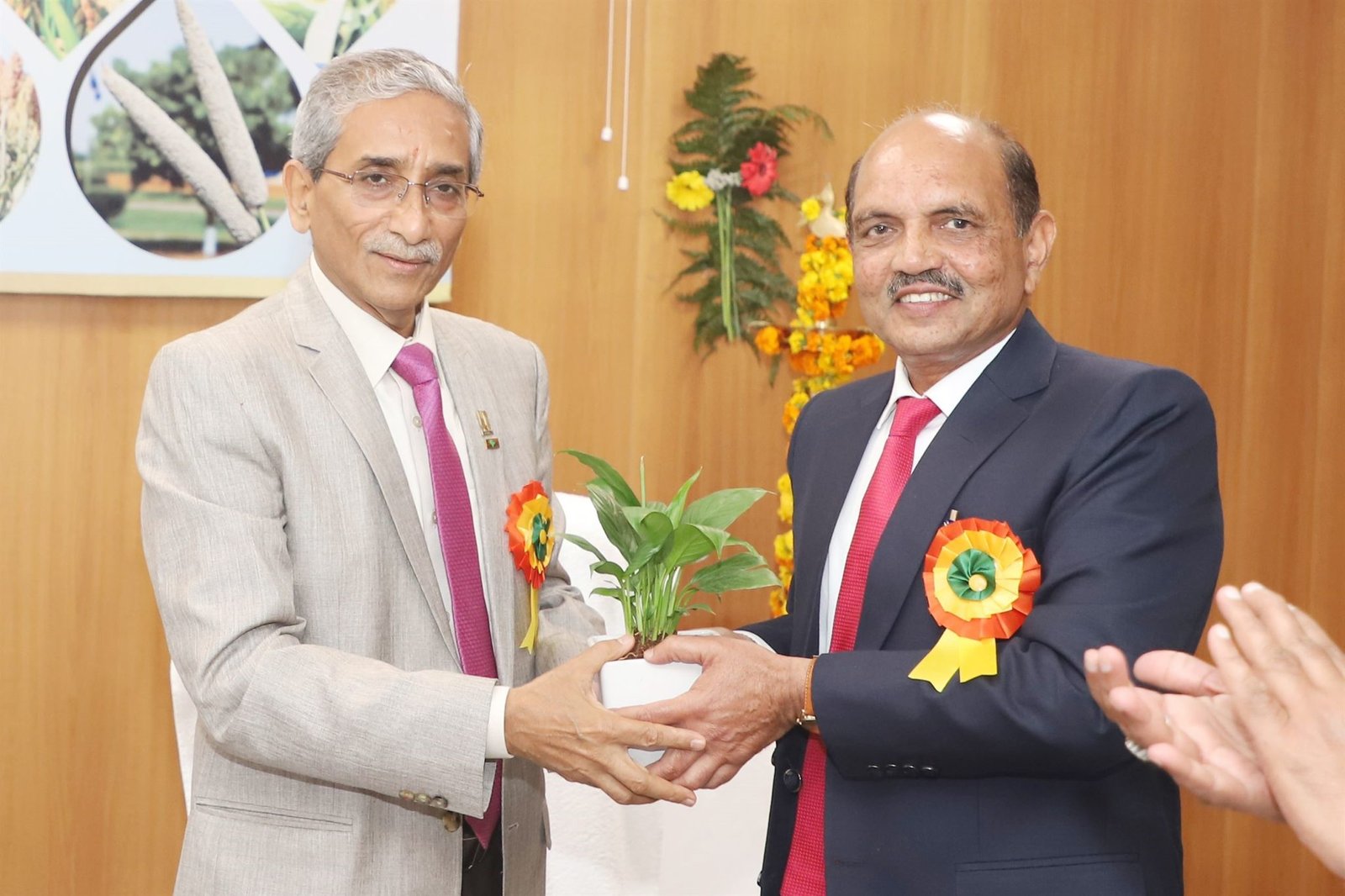Saturday, 17 January 2026

The award recognises Joshi’s outstanding contribution to wheat improvement in India.
The Society for the Advancement of Wheat and Barley Research (SAWBAR), ICAR-IIWBR, Karnal, bestowed the prestigious Sh. VS Mathur Memorial Award 2023 for outstanding contribution in the field of Wheat Crop Improvement.
T Mohapatra, former secretary of India’s Department of Agricultural Research and Education and director general of the Indian Council of Agricultural Research (ICAR), and Gyanendra Singh, director of the Indian Institute of Wheat & Barley Research (IIWBR) at ICAR, presented the award at the ceremony.
As recipient of this award Joshi, who is the managing director of the Borlaug Institute for South Asia (BISA), CIMMYT country representative for India, and CIMMYT regional representative for South Asia, also delivered the Sh. VS Mathur memorial lecture during the ceremony. In his speech, Joshi spoke about past and present developments in wheat improvement and emphasized the importance of wheat across the globe, touching on the post-Green Revolution era and the critical timeline of events in wheat improvement. He delved into the factors responsible for variations in wheat yield and how to meet the rising demand for wheat consumption.
Joshi advised that countries like India must bridge the yield gap by improving management in farmers’ fields, co-learning from other spring wheat-growing countries like Mexico and Egypt, and investing in science to address climate change. He also discussed opportunities to integrate modern science across all disciplines: genomics, gene editing, mechanization, robotics, AI, weed management, water, and nutrient use efficiency.
Talking about the future of wheat production, Joshi stressed the need to focus on traits that will be more important in the future, with an emphasis on accelerated genetic gain, gene-edited wheat, and how to breed heat-tolerant (40° C) varieties using various innovative tools and technologies.